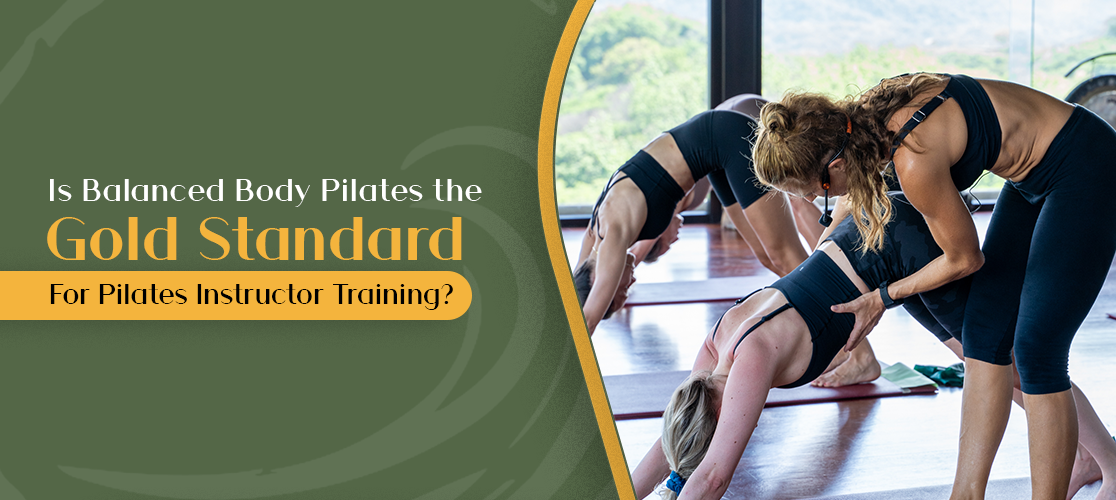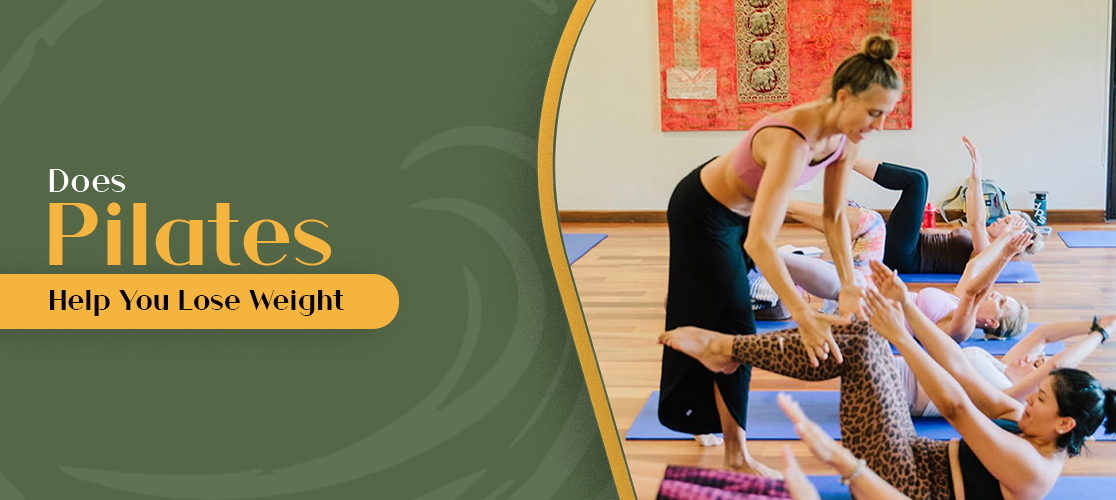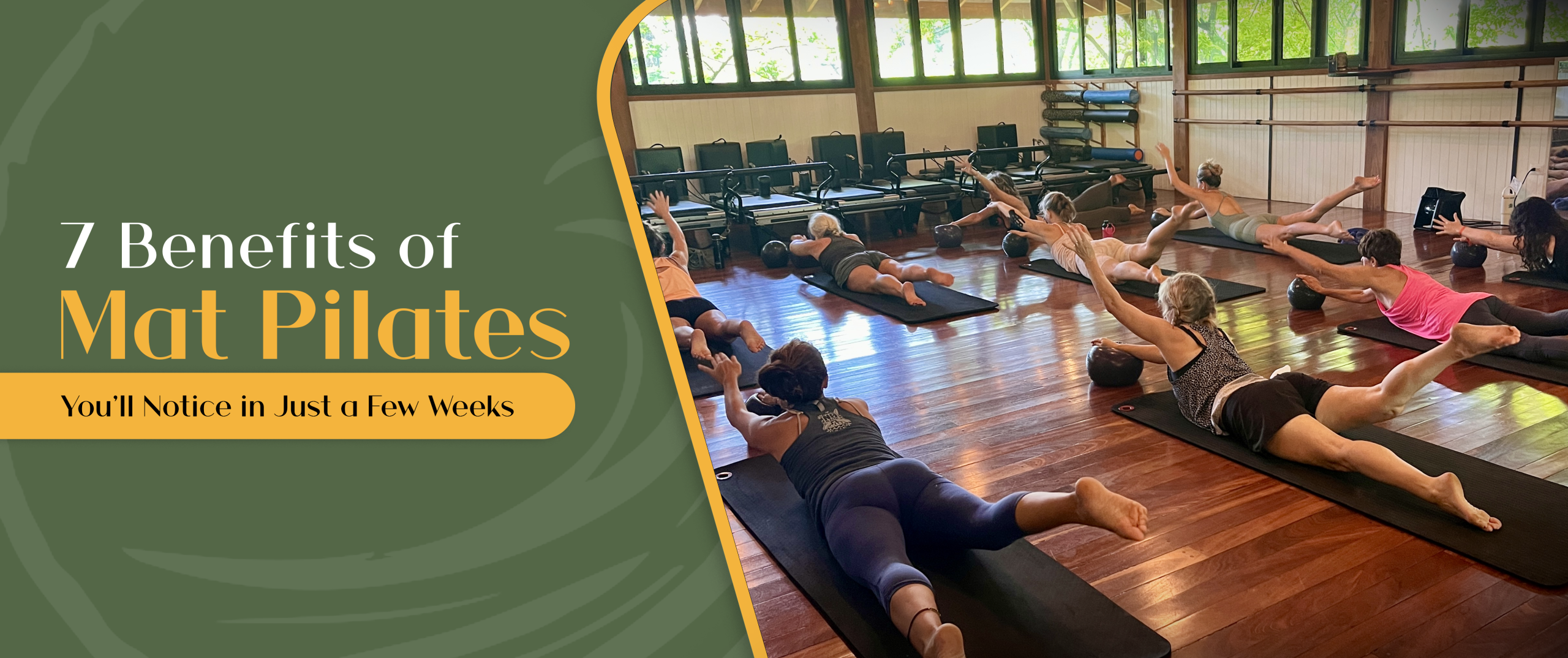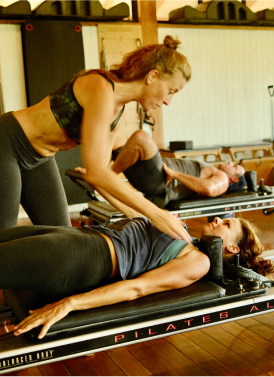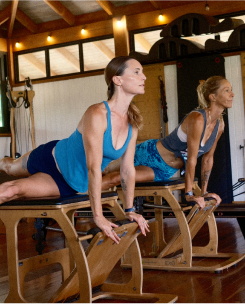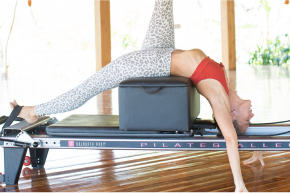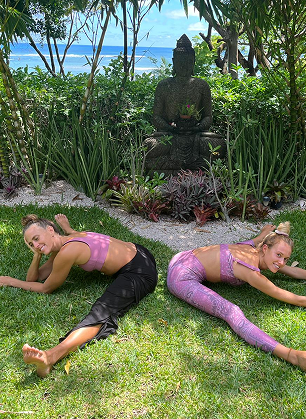Choosing the right path for pilates instructor training can feel overwhelming. With so many certifications, styles, and schools available, aspiring instructors often struggle to separate marketing claims from real, career-building education. The fear is understandable. Investing time and money into a program that doesn’t prepare you for real teaching or isn’t respected in the industry can slow your progress before you even begin.
This uncertainty leads many future instructors to ask a critical question: Is Balanced Body Pilates truly the gold standard, or just another popular name? Without clear guidance, it’s easy to delay enrollment or choose a program that doesn’t align with long-term goals.
In this guide, we break down what makes a Pilates training program credible, where Balanced Body stands in the industry, and how Pilates Nosara helps you turn quality training into real teaching confidence and career opportunities.
What Does “Gold Standard” Really Mean in Pilates Instructor Training?
In the Pilates world, a “gold standard” program isn’t defined by branding alone. It’s measured by:
- Depth of education (not shortcuts)
- Strong anatomical foundation
- Teaching methodology, not just choreography
- Industry recognition
- Preparation for real clients, not just exams
Balanced Body Pilates is widely respected because it checks many of these boxes, but understanding why matters more than blindly following the name.
What Is Balanced Body Pilates?
Balanced Body Pilates is one of the most globally recognized Pilates education systems. Known for its evidence-based approach, it blends classical Pilates principles with modern biomechanics and rehabilitation science. Key characteristics include:
- Comprehensive curriculum (mat, reformer, apparatus)
- Strong focus on anatomy and movement mechanics
- Adaptability for different bodies and conditions
- Acceptance across studios, gyms, and rehab settings
Because of this, Balanced Body programs are often preferred by studios looking to hire instructors who understand both movement quality and client safety.
Why Balanced Body Pilates Is Considered Industry-Leading
1. Emphasis on Teaching, Not Just Performing
Many programs focus on how well you move. Balanced Body focuses on how well you teach others to move. This includes:
- Cueing strategies
- Client modifications
- Injury-aware instruction
- Real-world class management
This teaching-first mindset is what separates hobbyist certifications from professional pilates instructor training.
2. Anatomy-Driven Education
Balanced Body programs go deep into anatomy, not just surface-level muscle names. You learn:
- How joints actually move
- Why certain exercises help or harm
- How to adapt sessions for pain, injuries, or limitations
This knowledge is critical for building trust with clients and retaining them.
3. Industry Recognition & Mobility
Because Balanced Body Pilates is recognized internationally, instructors often find it easier to:
- Get hired across studios
- Teach in multiple countries
- Transition into rehab, fitness, or wellness roles
This flexibility matters if you want long-term growth, not just a short-term certificate.
Where Pilates Nosara Fits In
While Balanced Body provides the framework, how and where you train make a major difference. At Pilates Nosara, we focus on delivering Balanced Body–aligned pilates instructor training in a way that is:
- Immersive
- Mentorship-driven
- Real-world focused
- Supportive for new instructors
We don’t rush students through modules. Instead, we emphasize understanding, practice, and confidence.
What Makes Pilates Nosara Different?
- Small group learning for personalized feedback
- Hands-on teaching practice from the early stages
- Real client observation and supervised teaching
- Guidance on transitioning from student to instructor
Thinking about instructor training that actually prepares you to teach? Explore Pilates instructor training at Pilates Nosara today.
Is Balanced Body Pilates Right for You?
Balanced Body may be the gold standard, but it’s not about prestige alone. It’s right for you if:
- You want to teach safely and confidently
- You care about long-term career credibility
- You plan to work with diverse bodies and needs
- You want education that evolves with the industry
If you’re simply looking for the fastest certificate, this may not be the best fit. But if your goal is longevity, respect, and skill, it’s a strong choice.
How Long Does Balanced Body Pilates Instructor Training Take?
Most pilates instructor training paths using the Balanced Body system involve:
- Modular education
- Observation hours
- Practice teaching hours
- Self-study and assessments
This structure ensures instructors aren’t just certified, but competent. At Pilates Nosara, we help students pace their training realistically while still moving forward with momentum. Not sure how to plan your training timeline? Talk to Pilates Nosara about a pathway that fits your schedule and goals.
Career Outcomes After Balanced Body Training
Graduates commonly go on to:
- Teach in boutique Pilates studios
- Work in wellness and rehab settings
- Offer private and group sessions
- Continue advanced education or specializations
Because Balanced Body Pilates emphasizes adaptability, instructors are not boxed into one teaching style or population.
Final Thoughts: Is Balanced Body Pilates the Gold Standard?
For many instructors, yes, but only when paired with thoughtful teaching, real practice, and proper mentorship. Balanced Body provides the foundation. Pilates Nosara helps you build a career on it.
If you’re serious about pilates instructor training, want industry respect, and care about teaching well, not just finishing fast, this path is worth considering. Ready to train with purpose? Discover pilates instructor training at Pilates Nosara and take your first confident step toward becoming a respected instructor.

